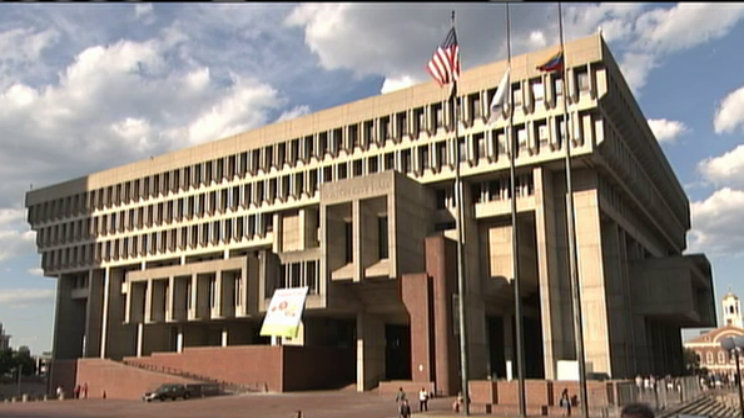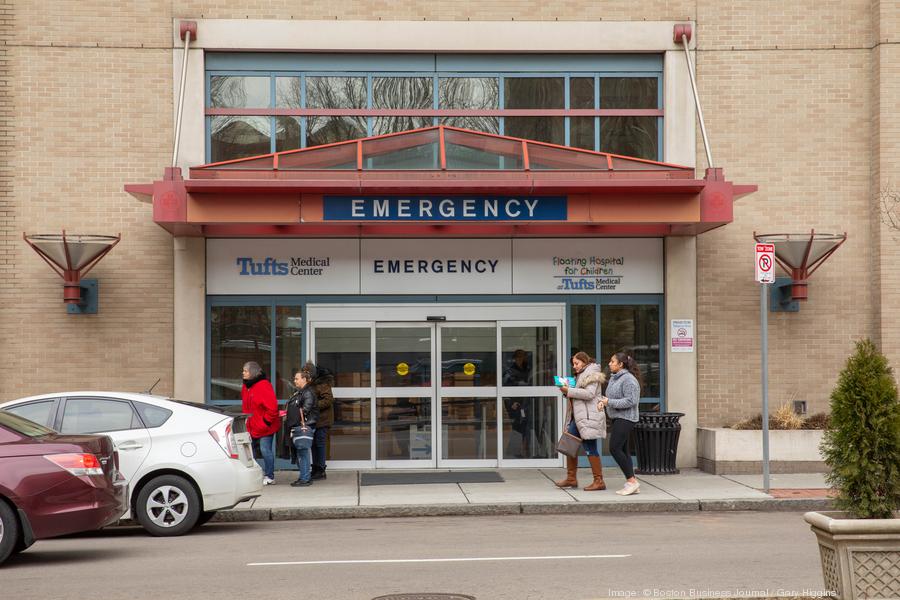The COVID-19 public health emergency orders in Massachusetts and across the U.S. are ending on Thursday, May 11, bringing to a close an unprecedented pandemic-era that prompted lockdowns, crippled economies and killed millions of people.
Former Gov. Charlie Baker first declared the Massachusetts state of emergency on March 11, 2020, two days before then-President Donald Trump declared one. The ensuing three years would bring evolving coronavirus policies and procedures as scientists and lawmakers alike learned about the virus.
While experts say COVID-19 is here stay, the way we live with it continues to change, and on Friday, the World Health Organization declared that the virus is no longer a public health threat.
The pandemic's symbolic closure brings a very real end to several COVID policies, including mandatory mask mandates in health care settings, rules that prevent people from getting kicked off of MassHealth and a vaccine mandate for executive branch employees.
Get Boston local news, weather forecasts, lifestyle and entertainment stories to your inbox. Sign up for NBC Boston’s newsletters.
Mask Mandates Lift in Medical Settings
Massachusetts is lifting broad mask mandates in medical settings, instead leaving that decision to individuals.
The move garnered mixed opinions from industry stakeholders across the state. Hundreds of health care workers, patients and caregivers signed an open letter last month criticizing the move, calling it "dangerous" and "unethical."
In that letter, the Massachusetts Coalition for Health Equity urged the Department of Public Health, local boards of health and hospitals to not only keep a mask mandate across the board, but also implored the state to provide free N95 masks.
Despite outcries from others within the health care system, a panel of top Boston doctors told NBC10 Boston that they support it.
Boston Medical Center's Dr. Sabrina Assoumou, Brigham and Women's Hospital's Dr. Daniel Kuritzkes and Tufts Medical Center's Dr. Brian Chow said they believe mask-related decisions should be left to hospitals and individuals during last month's episode of NBC10 Boston's digital series, "COVID Q&A."
"I don't think there needs to be a statewide mandate," Kuritzkes said. "I think the mandates were entirely appropriate when first imposed. I think leaving it up to more case-by-case decision making is the appropriate way to go right now."
Experts noted that even without the mandate, many in the health care system will continue to mask up when circumstances call for it. Furthermore, they noted that COVID-19 rates and wastewater levels are declining across the state and New England, with the entire region designated as "low-risk" for transmission by the U.S. Centers for Disease Control and Prevention. Meanwhile, state data shows vaccination rates have reached 85% for the primary two-shot series in Massachusetts.
"We are in a very different place in the pandemic, so I think it's reasonable to lift the mandate," Chow said. "But also understand that in certain situations, a hospital may ask staff members or patients to take extra steps to make everyone else safe."
Since hospital settings have varying levels of risk, Chow said targeted interventions could be a good solution, depending on the institution's capacity. Health care providers may want to keep higher-risk patients away from public areas, Chow said, and mask up in areas with a lot of sick patients, such as the intensive care unit or certain waiting rooms.
Get updates on what's happening in Boston to your inbox. Sign up for our News Headlines newsletter.
Massive Exodus Expected in MassHealth Coverage
Hundreds of thousands people are expected to be booted off the state-run health insurance program over the next year as federal continuous coverage requirements for Medicaid in place since March 2020 expire and the state goes through the required redetermination process for the first time since the pandemic began.
The Healey administration expects that MassHealth membership will fall from its current level of more than 2.3 million people to about 1.9 million people over the next year, freeing up $1.9 billion in Fiscal Year 2024 state spending. An estimated 50% of MassHealth members will be automatically renewed. The other half will have to respond to a letter from MassHealth to prove their eligibility, and if they miss the letter they risk losing their coverage.
Members will have 45 days to respond and if they fail to, they will then receive a letter informing them they have 14 days until they lose their coverage. After those who don't reply potentially lose coverage, there's a 90-day reconsideration period for them to return to MassHealth and prove eligibility to have their plan reinstated.
Eligibility redeterminations began last month, and the program has 12 months to get through all 2.3 million people currently enrolled.
Be prepared for your day and week ahead. Sign up for our weather newsletter.
Vaccine Mandate Ends for Executive Branch
As part of the transition to the next phase of life with the virus, Gov. Maura Healey is rescinding a Baker executive order that required executive branch workers to get at least their first COVID-19 vaccination shots or secure a medical or religious exemption. That policy prompted a legal fight with the State Police Association of Massachusetts.
Baker's office announced in December 2021 that nearly 1,000 of the 41,000-plus workers subject to the mandate either resigned or were fired from their government jobs. Healey's office has said the mandate Baker imposed "helped raise the percentage of fully vaccinated executive department employees from around 76 percent to over 99 percent."
Some public workers in "certain roles and settings" will remain subject to a COVID-19 vaccine mandate due to regulations from the Centers for Medicare and Medicaid Services and the Executive Office of Health and Human Services.
State House News Service contributed to this report.



